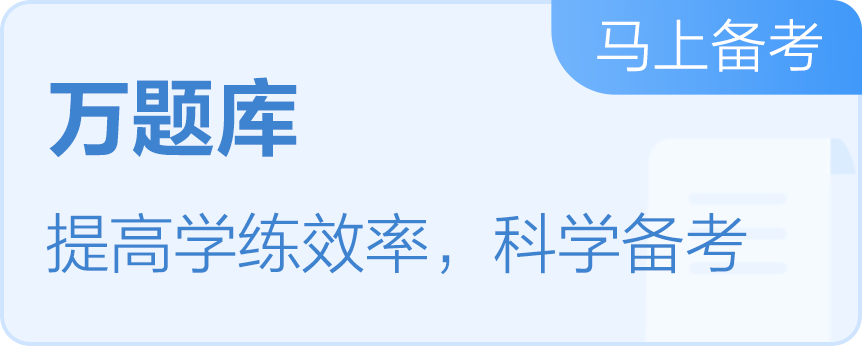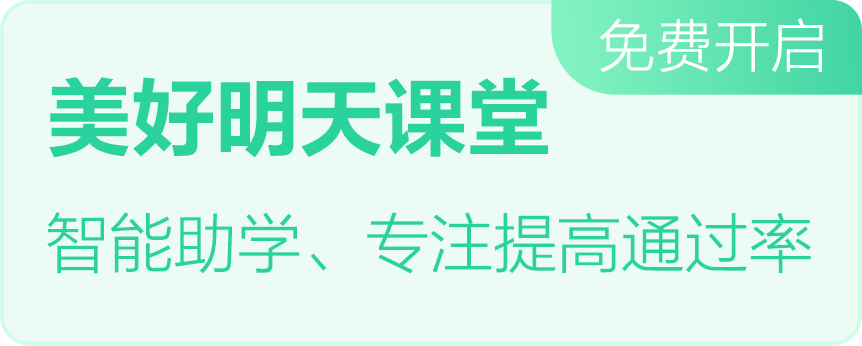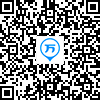|
长按/扫描下面二维码
|
长按/扫描下面二维码
|
2017年12月四六级真题答案![]() ※ 微信对答案 ※ 万题库估分
※ 微信对答案 ※ 万题库估分
That people often experience trouble sleeping in a different bed in unfamiliar surroundings is a phenomenon known as the “first night” effect. If a person stays in the same room the following night they tend to sleep more soundly. Yuka Sasaki and her colleagues at Brown University set out to investigate the origins of this effect.
Dr. Sasaki knew the first-night effect probably has something to do with how humans evolved. The puzzle was what benefit would be gained from it when performance might be affected the following day. She also knew from previous work conducted on birds and dolphins that these animals put half of their brains to sleep at a time so that they can rest while remaining alert enough to avoid predators (捕食者). This led her to wonder if people might be doing the same thing. To take a closer look, the team studied 35 healthy people as they slept in the unfamiliar environment of the university’s Department of Psychological Sciences. The participants each slept in the department for two nights and were carefully monitored with techniques that looked at the activity of their brains. Dr. Sasaki found, as expected, the participants slept less well on their first night than they did on their second, taking more than twice as long to fall asleep and sleeping less overall. During deep sleep, the participants’ brains behaved in a similar manner seen in birds and dolphins. On the first night only, the left hemispheres of their brains did not sleep nearly as deeply as their right hemispheres did.
Curious if the left hemispheres were indeed remaining awake to process information detected in the surrounding environment, Dr. Sasaki re-ran the experiment while presenting the sleeping participants with a mix of regularly timed beeps (蜂鸣声) of the same tone and irregular beeps of a different tone during the night. She worked out that, if the left hemisphere was staying alert to keep guard in a strange environment, then it would react to the irregular beeps by stirring people from sleep and would ignore the regularly timed ones. This is precisely what she found.
46. What did researchers find puzzling about the first-night effect?
A) To what extent it can trouble people.
B) What role it has played in evolution
C) What circumstances may trigger it.
D) In what way it can be beneficial.
47. What do we learn about Dr. Yuka Sasaki doing her research?
A) She found birds and dolphins remain alert while asleep.
B) She found birds and dolphins sleep in much the same way.
C) She got some idea from previous studies on birds and dolphins.
D) She conducted studies on birds’and dolphins’ sleeping patterns.
48. What did Dr. Sasaki do when re-running her experiment?
A) She monitored the brain activity of participants sleeping in a new environment.
B) She recruited 35 participants from her Department of Psychological Sciences.
C) She studied the differences between the two sides of participants’ brains.
D) She tested her findings about birds and dolphins on human subjects.
49. What did Dr. Sasaki do when re-running her experiment?
A) She analyzed the negative effect of irregular tones on brains.
B) She recorded participants’ adaptation to changed environment.
C) She exposed her participants to two different stimuli.
D) She compared the responses of different participants.
50. What did Dr. Sasaki find about the participants in her experiment?
A) They tended to enjoy certain tones more than others.
B) They tended to perceive irregular beeps as a threat.
C) They felt sleepy when exposed to regular beeps.
D) They differed in their tolerance of irregular tones.
首先祝贺今天参加四级考试的同学们,终于结束了半天的考试。总的来说,今年的阅读难度和以往相比有了一些提高,长难句出现的频率也比过去变多。这也再次说明了一个问题,同学们在准备四级考试时,不光要学习做题方法,更要加强自己基本功的训练,词汇和语法两手都要抓。接下来,新东方在线四六级教研组将会选取今年的一篇仔细阅读进行分析。
这篇文章的主题和睡眠环境有关,选自2016年的《经济学人》杂志。文章在第一段第一句说“That people often experience trouble sleeping in a different bed in unfamiliar surroundings is a phenomenon known as the “first night” effect.”(在一个陌生的环境里,人们睡在陌生的床上通常会无法入眠,心理学家们将这种现象称之为“初夜”效应。)接下来的内容都是围绕着睡眠环境和研究者的调查内容与结论展开。
今年的五道题都属于细节题。同学们在做题前,先要把题干当中的关键词画出来,包括两种类型:1. 专有名词(人名,地名等),数字;2. 名词(of短语),动词和形容词(辅助)。46题问“What did researchers find puzzling about the first-night effect?”,关键词为“researcher,puzzling,first-night effect”。第二步,找到定位句,即,关键词出现的位置。该题定位句是第二段第二句“The puzzle was what benefit would be gained from it when performance might be affected the following day.”再次强调,四级阅读的答案优先在定位句里找,如果某个选项和定位句相关,可先视为备选答案,如果仔细对比,发现内容不一致再看其他选项。选项D“In what way it can be beneficial”里beneficial对应定位句的benefit,两个句子结构一致,即为正确答案。再来看其它选项,A“To what extent it can trouble people”(给人们带来多大程度的麻烦),定位句没有谈麻烦而是好处(benefit),故排出。B“What role it has played in evolution”(在演变过程中扮演什么角色。) 未提及,故排除。C“What circumstances may trigger it”(什么样的环境会引发此事。),也未提及。所以这道题答案是D。
再来看49题“What did Dr. Sasaki do when re-running her experiment?”。关键词是“Dr. Sasaki,re-running, experiment”。该题定位句是最后一段“Dr. Sasaki re-ran the experiment while presenting the sleeping participants with a mix of regularly timed beeps (蜂鸣声) of the same tone and irregular beeps of a different tone during the night.”。这句话提到Sasaki博士重新进行了一次实验,他让睡眠中的参加者听了两种声音,分别是“mix of regularly timed beeps (蜂鸣声) of the same tone”(定时响起音调不变的嘀声)和“irregular beeps of a different tone”(随机响起音调各异的嘀声)。所以答案应该是C“ She exposed her participants to two different stimuli.“(她让参加者接触两种不同的刺激声音),该选项把原文进行同义改写。A选项分析消极影响(analyzed the negative effect)和原文信息不符。B选项“记录参加者对不同环境的适应(adaptation to changed environment)”原文并未提及。D选项“比较不同参加者的反应(compared the responses of different participants)”,原文并未提及反应,所以被排除。故该题答案是C。





四六级万题库下载 | 微信搜索"万题库英语四六级考试"






 英语四级
英语四级